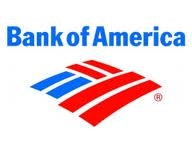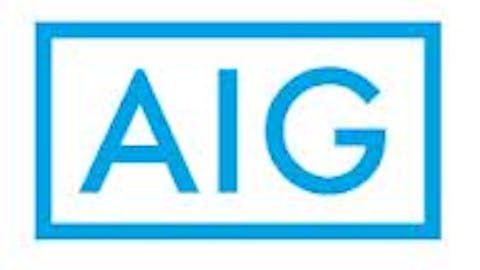Most people are aware that Washington, D.C. is awash in lobbyists, people whose jobs, whether paid or unpaid, entail pressing their particular company’s interests in the hallowed halls of the U.S. Congress. It is still surprising, though, when we hear just how influential they really are, molding and often crafting the laws of the land that touch us all.
And, so it is with financial reform legislation. A new report from the Sunlight Foundation, a non-profit entity that promotes transparency in government, crunched some numbers recently and came out with some sobering results: The banking sector’s heavy lobbying efforts have had a real effect on the implementation of the Dodd-Frank Wall Street Reform and Consumer Protection Act, slowing the pace of reform. For example, the study notes that banks’ focus on the Volker Rule has resulted in a two-year delay in the completion of the law’s wording.
How have they made such great strides? It seems there are two major facets to their battle plan, both of which are working beautifully.
1. Bank representatives overwhelm congresspersons with their presence. Simply put, banks are involved in lobbying activities to a much higher degree than other groups, such as those pushing a pro-reform agenda.

Particularly when discussions revolving around the derivatives markets were in full swing, banks like Goldman Sachs Group Inc (NYSE:GS) , Morgan Stanley (NYSE:MS) , Bank of America Corp (NYSE:BAC) , and Citigroup Inc (NYSE:C) were on task, participating in anywhere from 134 to 222 meetings with the Federal Reserve, the Treasury Department, and the Commodities Futures Trading Commission.
To put this in perspective, Sunlight notes that financial institution representatives attended 90% of the meetings with the Federal Reserve, nearly 83% of those at Treasury, and almost 75% with the CFTC. Comparably, a little over 3% of the advocacy groups met with the Fed, about 14% with Treasury, and only slightly more than 4% attended the CFTC meetings.
2. Financial lobbyists are very helpful, assisting with the crafting of legislation whenever possible. Back in May, there was a brouhaha when The New York Times published a piece describing how Citigroup Inc (NYSE:C) and other banking lobbyists penned the majority of a bill that exempted from federal scrutiny certain derivatives trades that occurred between banks.
Shocking, perhaps, but not really big news. The article noted, much as the Sunlight study does, how financial lobbying had increased over the previous three years, specifically regarding Dodd-Frank. Indeed, this workshop hosted by the American League of Lobbyists promises, for a fee, to teach participants how to use “the legislative drafting process to achieve your advocacy goals,” and the secrets to “securing the right language in a bill or amendment.”


